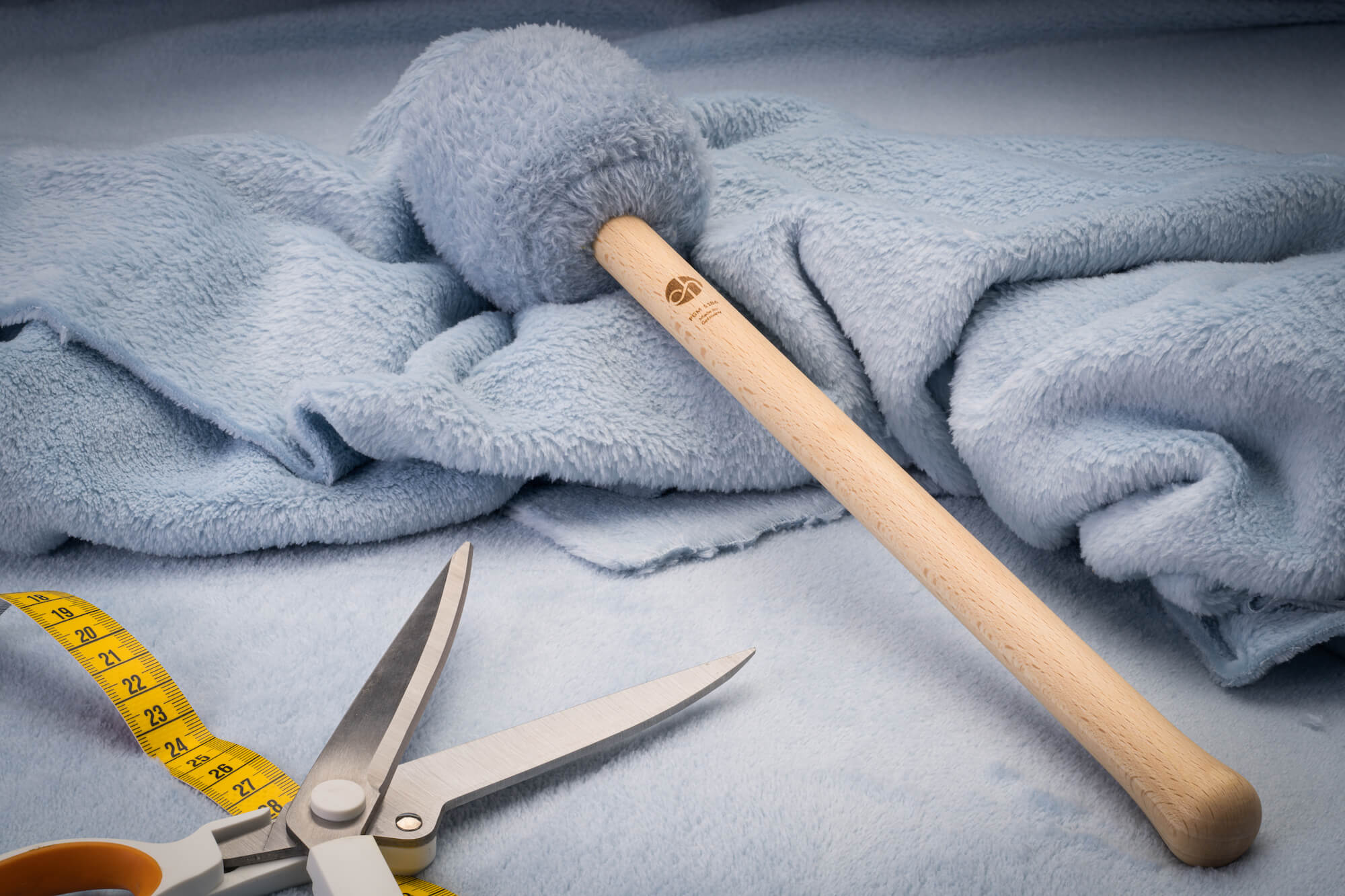People who are permanently exposed to high levels of stress become ill more quickly - this is no longer a secret. Increasing demands at work and an unbalanced private life contribute to our daily stress. However, you are not helplessly at the mercy of the situation. With various relaxation methods, you can quickly reduce stress and regain a sense of well-being in your everyday life. We'll show you various exercises to reduce stress that will help you do just that.
How can you reduce stress?
Every person is individual - and this also applies to how we deal with stress. You may first have to find out which method of stress reduction is right for you. That's why we've prepared 7 different tips for you. Try out the methods that particularly appeal to you. Of course, you can also try them out and then decide for yourself which exercise is best for you.
Tip 1: Get out into nature and enjoy the peace and quiet
One of the most effective ways to combat stress is to take a short trip into nature. There are many different aspects that contribute to your well-being: The peace and quiet, the fresh air, the calming environment of a forest, the visual change. All of these things help you to leave the stress of everyday life behind and really switch off. It is important that you fully enjoy the moment of peace and quiet. Leave your smartphone at home and focus entirely on the moment. Even a short trip can help you to change your perspective and reduce stress.
Tip 2: Mindfulness in everyday life - for your inner balance
Mindfulness is a term you've probably heard a lot - but what exactly does it mean? Mindfulness focuses on the goal of being more attentive to yourself and your environment. By concentrating on the moment with all your senses, stress fades more and more into the background. This also teaches you to become more aware of your own behavior so that you can actively counteract it. If you are mindful, you can question yourself in stressful situations: do you really need to be stressed right now or will the worries possibly disappear if you deal with the situation more calmly?
Mindfulness helps you to deal with stressful moments more calmly, but also to acknowledge your own feelings. Practicing mindfulness therefore not only helps to combat stress in the short term, but is also a skill that leads to greater well-being in the long term.
Tip 3: Just smile - reduce stress with hormones
It sounds strange, but it can make a big difference - if you simply start smiling out of nowhere, you will soon realize how much of an impact it has on your well-being. Your body starts releasing happiness hormones as soon as you smile. Even if you consciously decide to smile!
Why is that? This is due to the structure of your facial muscles. The muscles responsible for your smile press on a nerve when under strain, which in turn is directly connected to your brain. Your limbic system reacts immediately and sends out happy hormones, while cortisol - a stress hormone - is slowly reduced. So with a simple smile, you can help your body to quickly reduce stress and put yourself into a mode of relaxation.
Tip 4: Professional sound massage against stress
Have you ever tried to relieve your stress with a sound massage? If not, now is exactly the right time to do so. A professional sound massage can be performed with singing bowls and gongs and brings your body and mind back into harmony. The soothing tones of the sound instruments and the gentle vibrations flow through you on all levels and can also release tension and stress. The sound therapist guides you through the entire sound massage so that you can let go and relax. Even some time after a sound massage, you may notice how the vibrations continue to affect your body and mind, contributing to a greater sense of well-being.
Tip 5: Self-application with sound - reduce stress independently
Music helps many people to relax, although everyone has very different preferences. Many people find the sounds of singing bowls and gongs particularly soothing and relaxing. And even if you don't yet have any experience with singing bowls and gongs, you can easily use sounds at home to relieve stress.
All you need is the sound instrument, a suitable mallet and a moment to yourself. As soon as you strike the singing bowl or the gong, you can already experience the calming effect of the sounds and the gentle vibrations. Follow your instincts and try out which sounds are particularly conducive to relaxation. It is important that you play the instrument carefully and attentively - especially at the beginning - and slowly ease yourself into it. As you are independent of other people when using sound yourself, it is a very practical exercise for reducing stress that you can use whenever you need to.
In our blog post"Rituals with sound", we also reveal how you can integrate self-application with sound into your everyday life. You can also find lots of helpful tips in our articles "singing bowls- Application" and"Playing the gong".
Tip 6: Exercise is good for you - reduce stress quickly with sport
In stressful situations, your body releases large amounts of adrenaline, noradrenaline and cortisol. In other words, stress hormones that boost your performance in the short term but can have a negative impact on your health in the long term. This ability was originally given to us by nature so that we can quickly escape from dangerous situations. This is exactly where sport comes in, as it naturally helps to reduce stress hormones and release happiness hormones. The hormonal tension that builds up in our bodies when we are under constant stress can be worked off again through sport. If you expose your body to high levels of stress during training, endorphins and serotonin are released, which then eliminate the cortisol - and you can finally relax again afterwards.
Did you know that exercise not only helps to lower your cortisol levels acutely, but also increases the release of happiness hormones in the long term? If you exercise regularly, you become more resistant to acute periods of stress. Sport is therefore one of the best tips for reducing stress.
Tip 7: Reduce stress with a healthy diet
Our body reacts to every food we eat with different effects. While high-fat and unhealthy foods increase the stress levels in our body, other foods can help to reduce the stress inside. So if you want to reduce stress quickly, it also depends on your diet.
Foods that contain a lot of vitamin B, a high level of minerals, long-chain carbohydrates and a lot of protein are often classified as valuable against stress. Caution should be exercised with foods with a high fat content, as the quality of the fats is important here! While nuts can certainly help you to relax, a load of chips tends to increase stress hormone production even more. So make sure you eat a healthy and balanced diet during stressful phases of your life. Another positive side effect: if you take the time to prepare a healthy meal for yourself and your well-being, this also helps to reduce stress.




